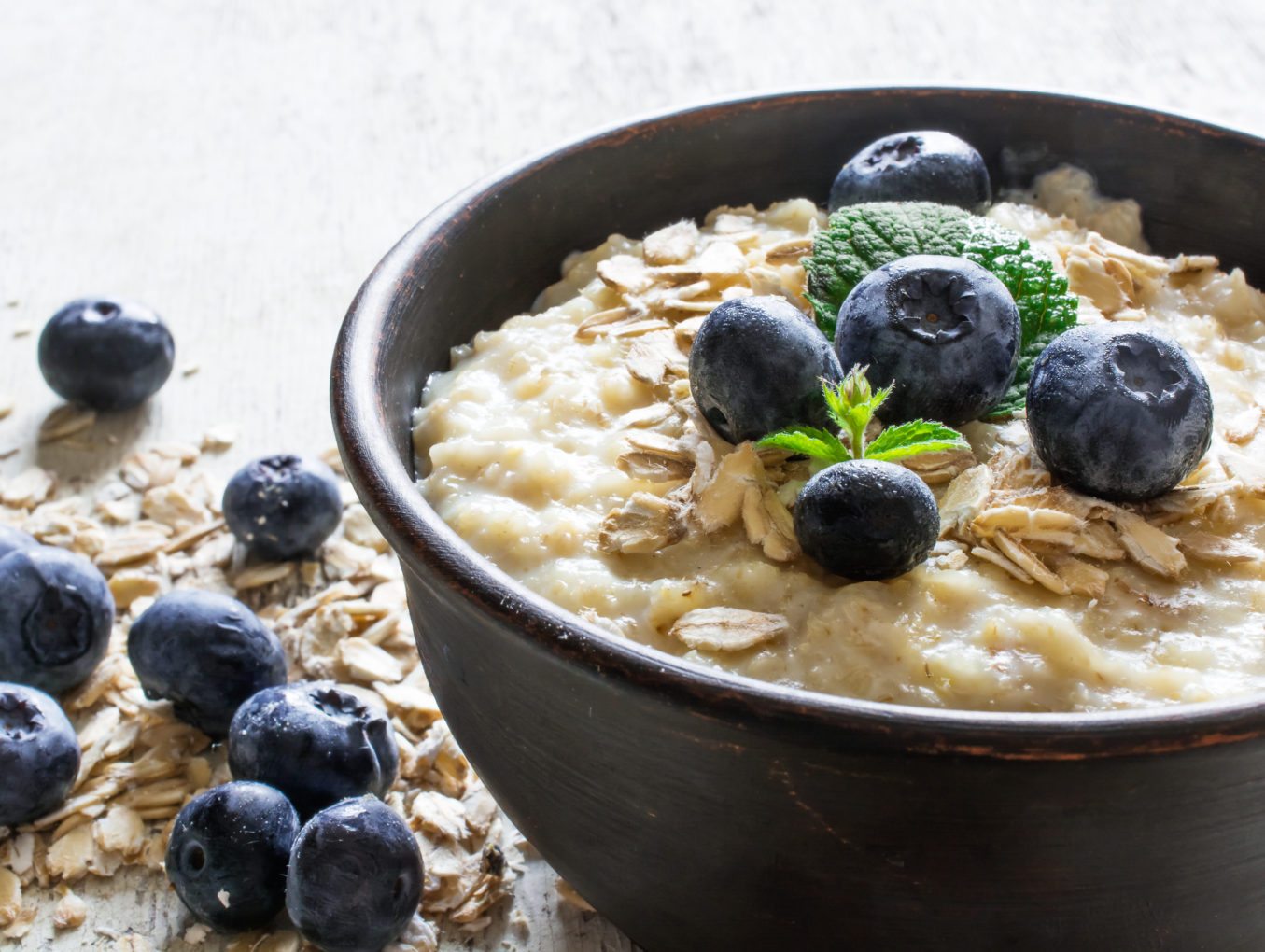The grocery store can be overwhelming! Bombarded with bright colors and slogans across every inch of eye space, too many decisions come into play within the aisles. Paper or plastic? Generic or brand name? Self-checkout or cashier?
Fresh or frozen?
In the latter quandary, fresh produce seems like the safer bet, but don’t give frozen fruits and vegetables the cold shoulder! Those fresh fruits and veggies might not be all that they appear on the surface.
Studies by IFR Extra have shown that produce can lose up to 45% of its essential nutrients during the journey from farm to table—a period that can last as long as 16 days. Produce can be exposed to a number of dangers on its journey to the store: pesticides, extreme heat and light, further compromising their freshness and nutritional value.
On the other hand, Flav-R-Pac frozen fruits and vegetables are promptly blanched and then packed within hours of being picked, a process that helps lock in both fresh taste and nutritional value. Flav-R-Pac produce is also in season all year long! And, if you’re on a budget, frozen is often less expensive than fresh since you aren’t paying by the pound for parts you are going to toss (hello very heavy core of cauliflower)! It’s high time, then, to stock your freezer with these 8, under-appreciated nutritional powerhouses.
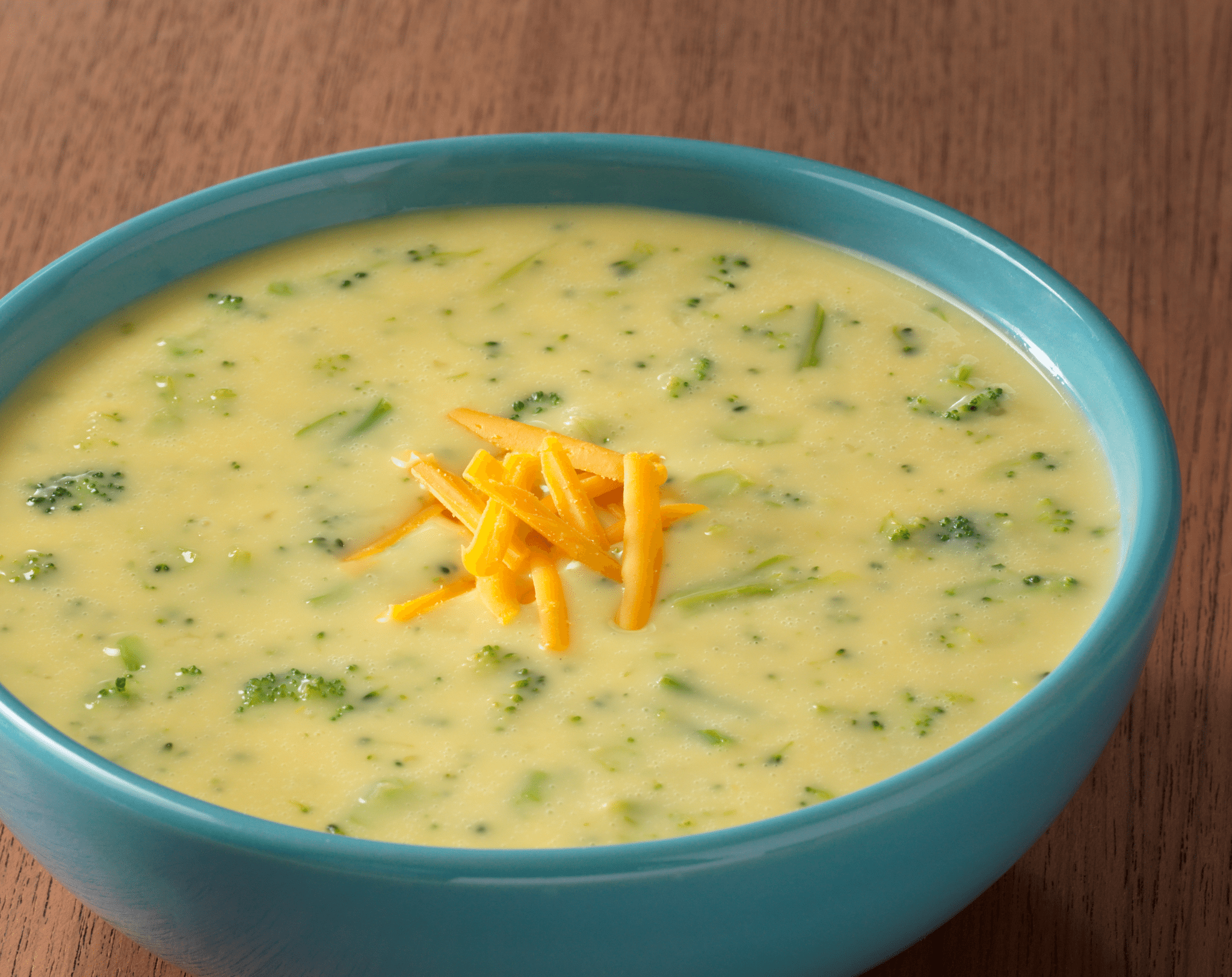
Broccoli
Broccoli is a good source of fiber and vitamins K and A. Toss some florets with whole-wheat pasta; toss some chopped broccoli in your morning eggs; stir-fry with thinly sliced sirloin, chopped garlic, and soy sauce for a quick weeknight dinner; or enjoy the never-fail classic, broccoli cheese soup!
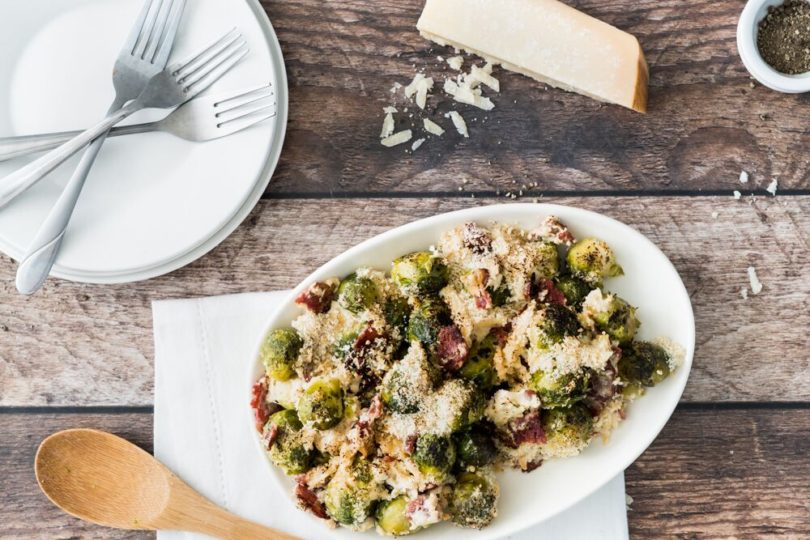
Brussels Sprouts
Brussels sprouts may have been the bane of your childhood, but they are making a comeback! Give these little antioxidant filled bundles of joy a try with dinner. For an easy, and yummy, prep option, just throw them on a sheet pan with a little olive oil and chopped garlic, then roast at 400° for 35–40 minutes.
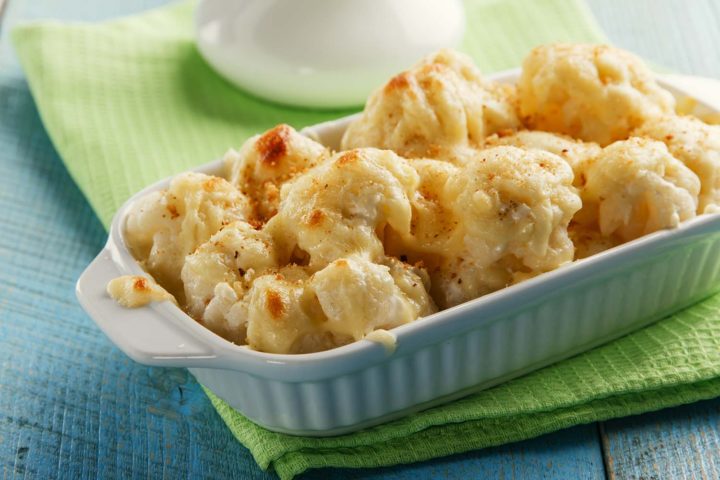
Cauliflower
Cauliflower is the new carb! There is very little this cruciferous veggie can’t do! Chop in the food processor, then microwave in a covered dish for an alternative to rice, mash for a nice potato alternative, or add an egg and some italian seasoning for a healthy, low-calorie pizza crust! The possibilities are endless!
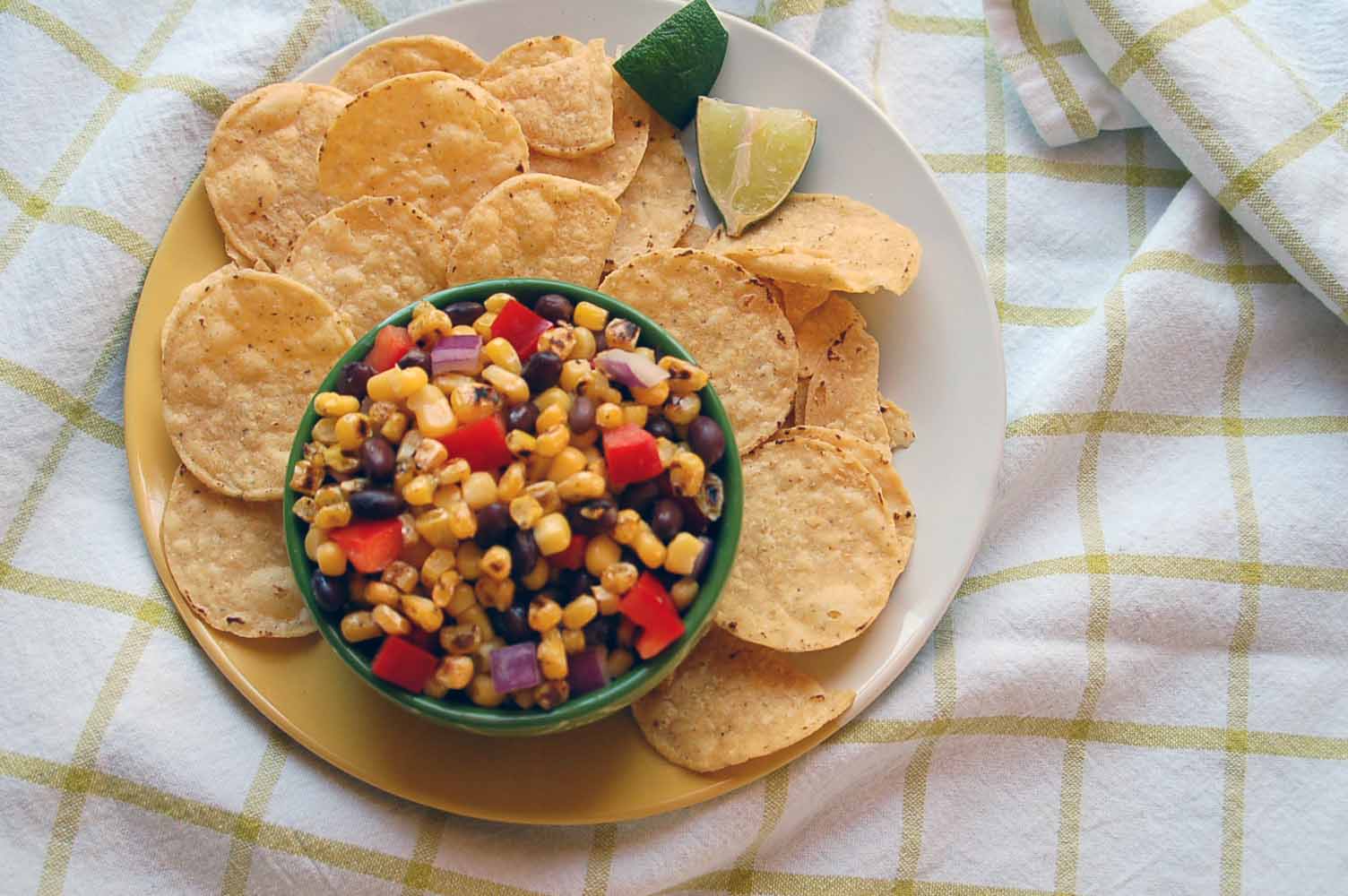
Corn
Corn is packed with fiber, antioxidants, and B vitamins. It’s also a great source of carotenoids like lutein, which protect your eyes from macular degeneration—one of the leading causes of blindness in adults. Frozen corn is an easy way to add a little color to your soups or casseroles or thaw and add to salads or salsas. Or just enjoy the whole ear—just skip the butter.
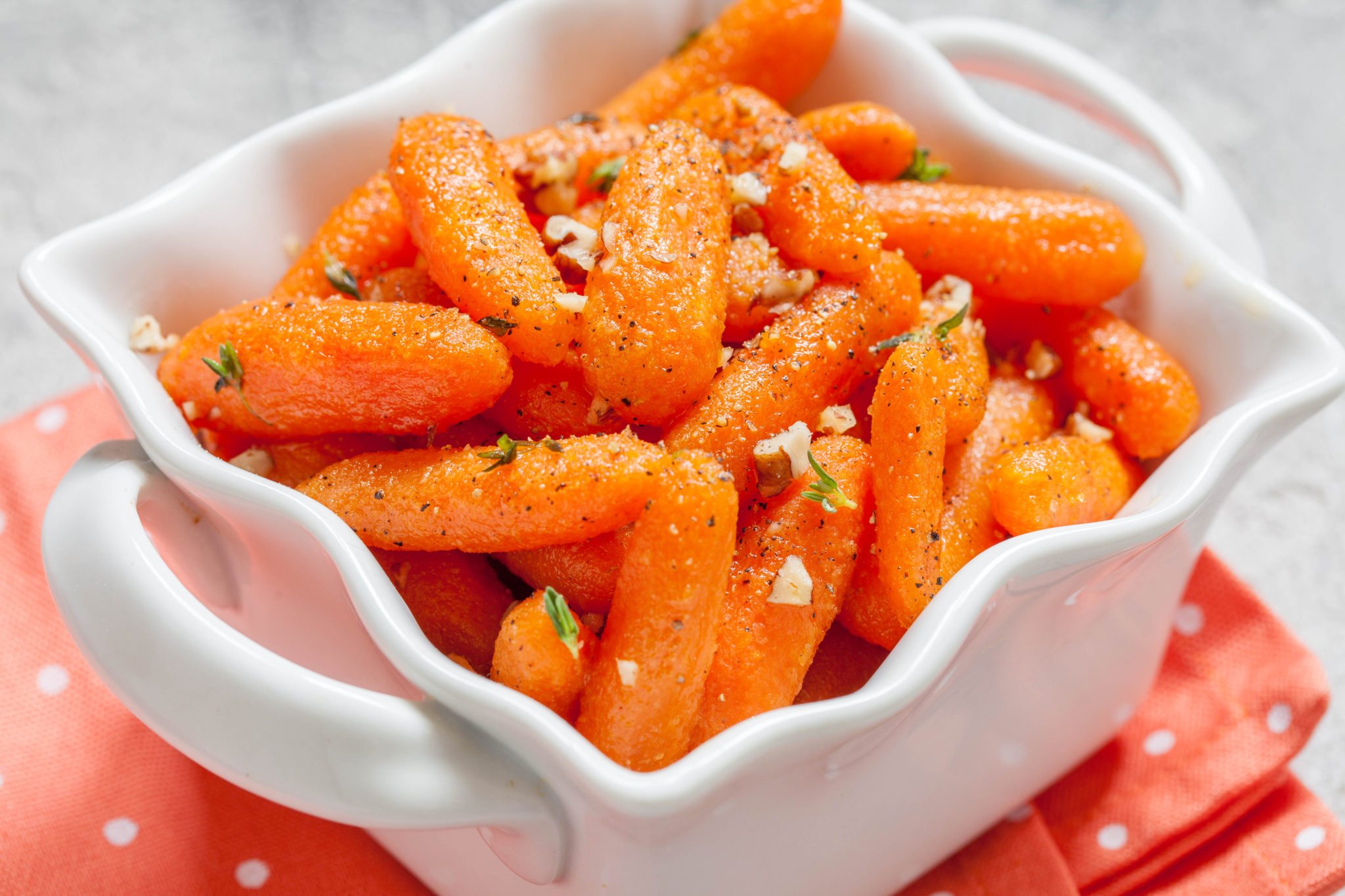
Carrots
Carrots are rich in beta-carotene—a form of vitamin A that’s great for your vision—as well as heart-healthy antioxidants. You can throw frozen carrots (right out of the bag) into stews and soups. If you prefer them tender, do it early in the cooking process; for more crunch, add them near the end.
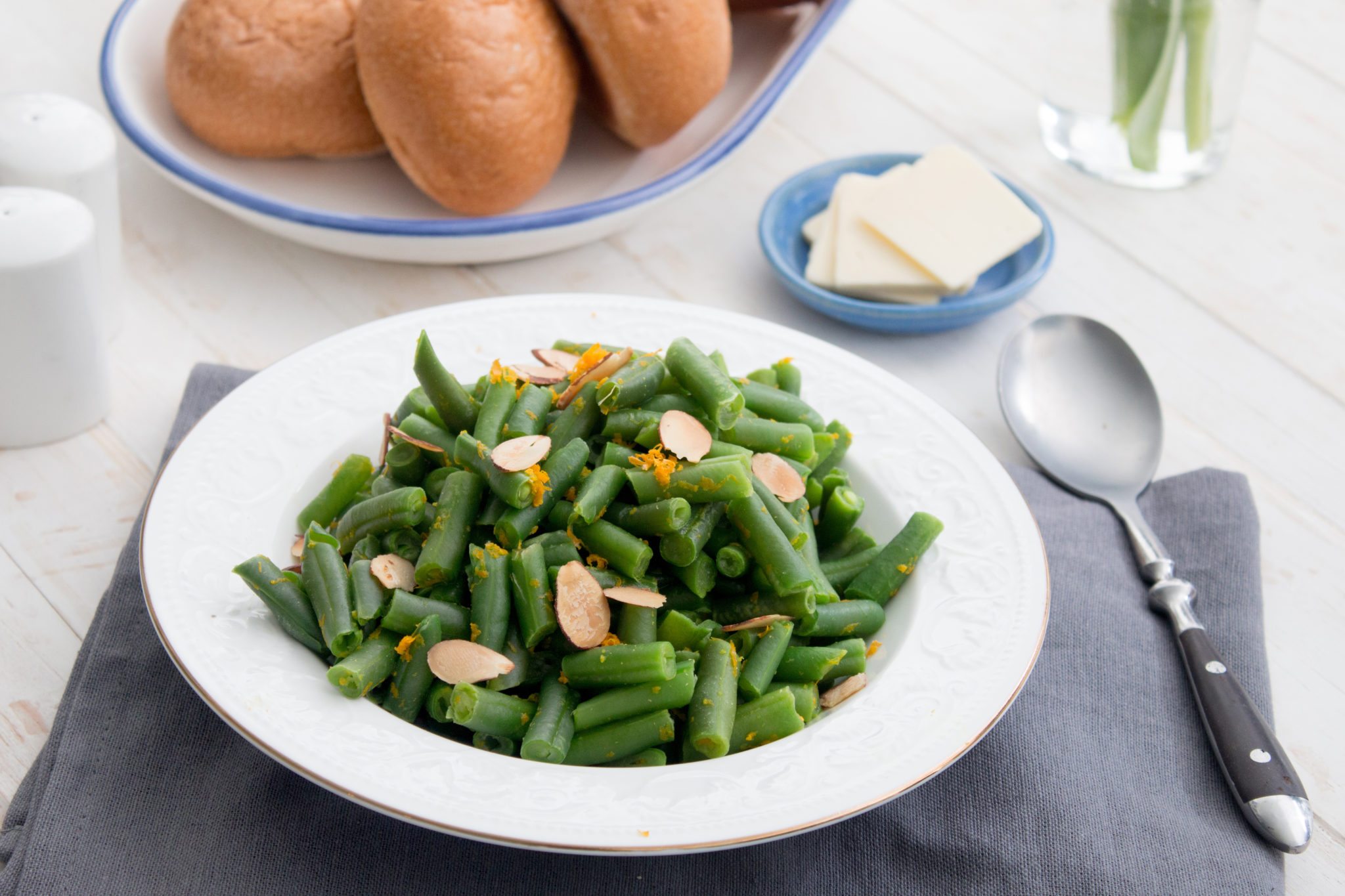
Green Beans
Rich in eye-protecting phytonutrients, green beans also help your bones stay strong, thanks to their high concentration of silicon. Use them in a salad made with omega-3-packed tuna and your favorite greens, or sauté them with minced garlic, cherry tomatoes, and red pepper flakes for a spicy low-cal side.
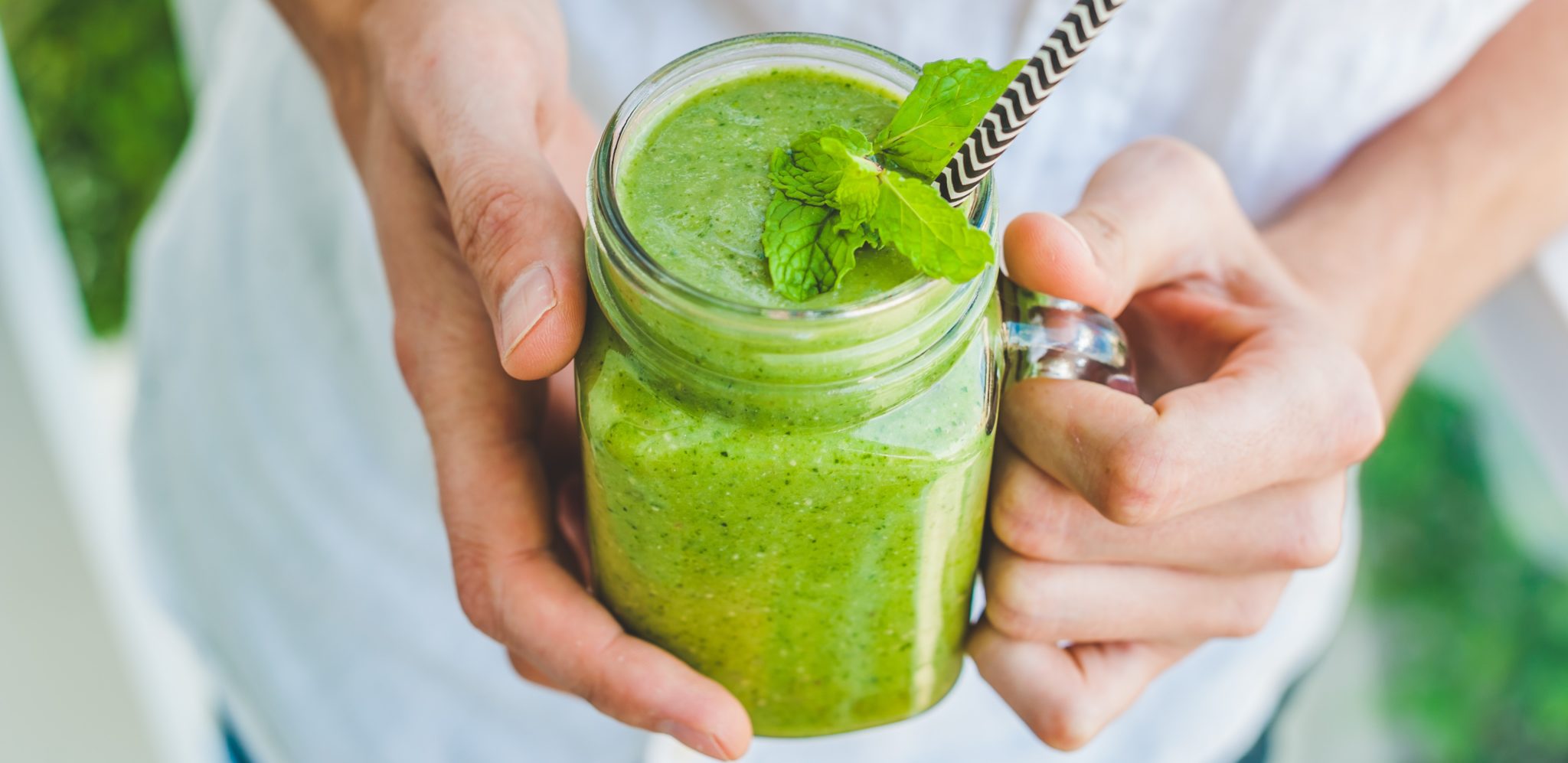
Spinach
Packed with cancer-reducing antioxidants and anti-inflammatories, spinach is also a rich source of iron. You can add chopped spinach to smoothies, lasagna, scrambled eggs, cottage cheese, or any sauce or soup to add flavor and nutrients.
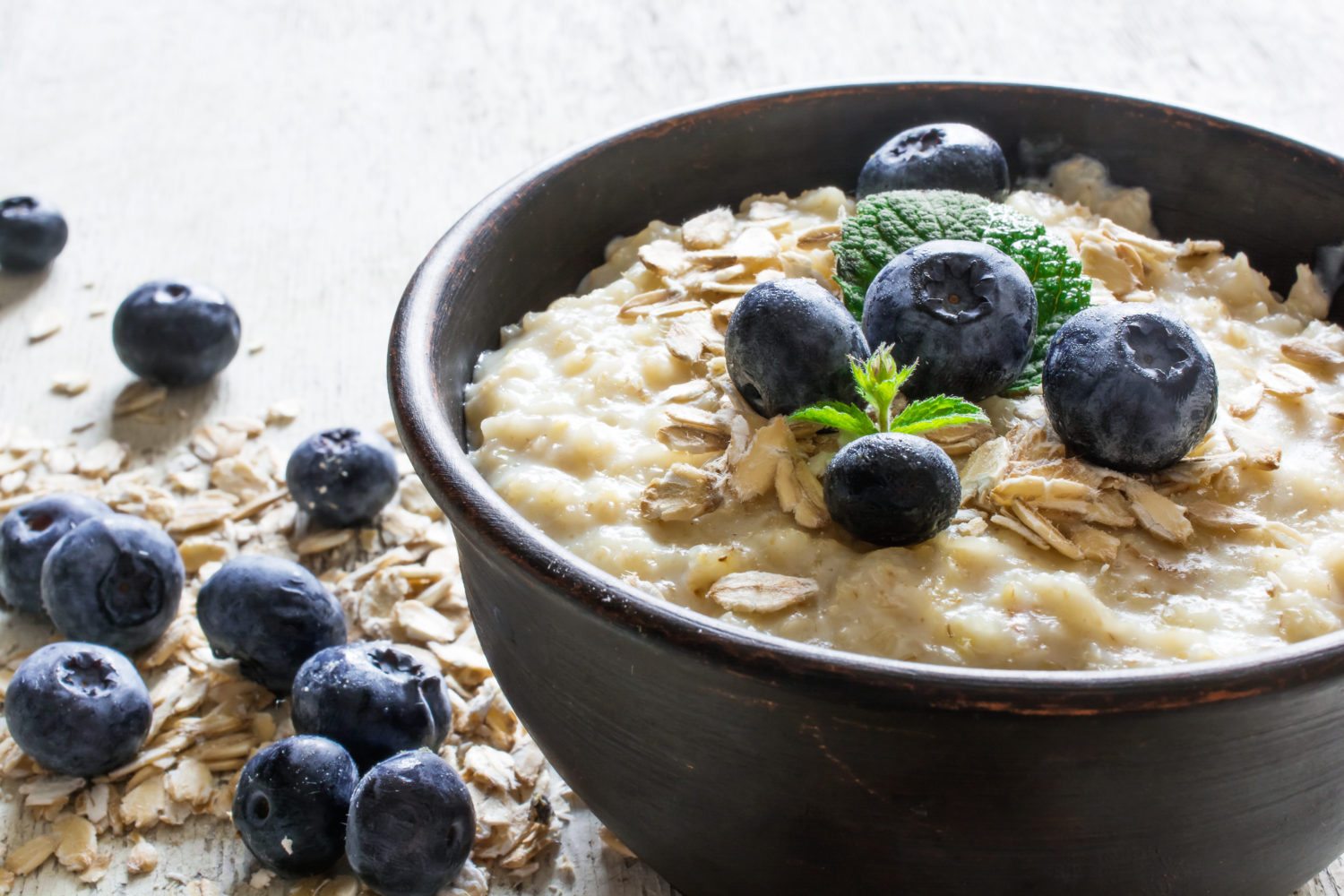
Blueberries
Blueberries are one of the most well loved superfruits! Rich in fiber, but low in calories, these little guys pack a powerful punch of nutrition. Keep them on hand to boost your protein shakes or morning smoothies, or add frozen blueberries to hot oatmeal.

